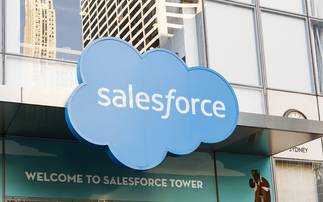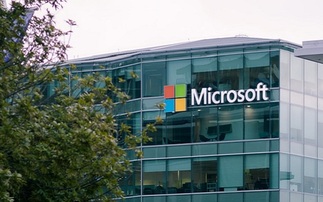The next step for APT could be an IPO, CEO Anthony Bruce tells Computing
Applied Predictive Technologies (APT) has received a $100m minority investment from the merchant banking division of Goldman Sachs in a deal that APT describes as the largest investment in predicti...
To continue reading this article...
Join Computing
- Unlimited access to real-time news, analysis and opinion from the technology industry
- Receive important and breaking news in our daily newsletter
- Be the first to hear about our events and awards programmes
- Join live member only interviews with IT leaders at the ‘IT Lounge’; your chance to ask your burning tech questions and have them answered
- Access to the Computing Delta hub providing market intelligence and research
- Receive our members-only newsletter with exclusive opinion pieces from senior IT Leaders






















